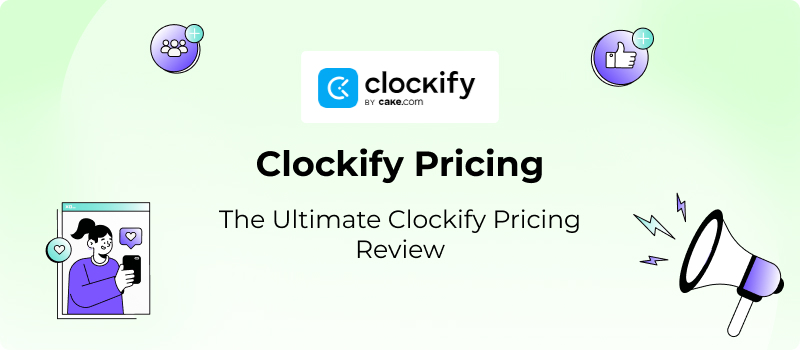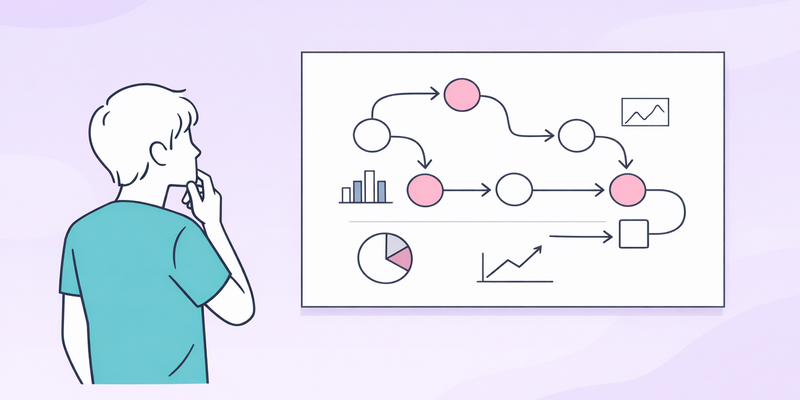
The most satisfying stage of a project is to witness its successful completion, when all of that hard work has paid off and can finally be admired. But in reality, the beginning of a project is arguably the most crucial step in getting to that final goal. In order to get your project started off on the right foot, it is important to launch a successful project kickoff meeting. You do not want your team to be blindly thrown into a project without understanding the project goals and objectives.
What Is a Project Kickoff Meeting?
Essentially, a project kickoff meeting is the first meeting between the project team and the client. It’s an opportunity to get everyone involved up to speed on the vision and scope of the project. It’s also an opportunity to meet everyone with whom you’ll be embarking on this next challenge. Your team and client will learn of what is expected of them and of all the necessary tasks to be assigned at every step. A project kickoff meeting should be entertaining and get everyone excited to hop on board!
In most cases, an hour-long meeting will not suffice for an effective project kickoff meeting. You can expect there to be loads of information to share with the team, meaning the event should take place over at least half of a day. Some teams will often hold two kickoff meetings, one internally and another externally. Whether you decide to hold one or two, the following are key elements of any project kickoff meeting.
It is best not to move too quickly by launching the kickoff meeting immediately after the project’s announcement. A kickoff takes place after certain things have already been agreed upon, even if they have not yet been finalized, such as contracts or statements of work. Ideally, a project kickoff meeting will be held once as much information as possible becomes available. This means it would be possible for team members to start planning and working on the project the following day.
Why Run a Kickoff Meeting?
Kickoff meetings are important parts of project planning and are crucial to project success. Here are the key benefits of running a kickoff meeting:
- Clarify the purpose of the project. Kickoff meeting is a great chance to remind everyone involved in the project of its purpose so that you don’t get sidetracked in the process.
- Establish expectations. When you make sure that all stakeholders share the same vision of the project purpose, you can agree upon the expected quality and quantity of work.
- Answer questions. Eliminate confusion and doubts by clarifying details to all stakeholders.
These kickoff meeting benefits, if achieved, will significantly contribute to project success.
How to Run an Effective Kickoff Meeting
Prepare for the meeting
Effective kickoff meeting is one where you have the right people reaching the same vision. As you prepare for the meeting, go through the following to-do list:
- Create an invitation list. Finalize the list of attendants to send out invitations. Are you inviting sponsors, your business analyst, core suppliers, a customer rep or other subject matter experts?
- Pick time, date and meeting duration
- Structure your meeting. Define the main points of the meeting: why are you doing the project, what is the plan, who is going to be involved, how much time it is going to take, what are potential risks, how are you going to collaborate and what does project success look like
- Take care of note taking or meeting recording in case some of the stakeholders won’t be able to make it to the meeting
- Create and share meeting agenda to make sure everyone is aware of the topics, the meeting timeline and has access to necessary documents and presentations so that they know what to expect and how best to prepare for the meeting.
- Send a pre-kickoff email. Send an announcement email containing date and time (send a calendar invite as well), video meeting link, items to research, a list of items to prepare or other important questions that need to be answered before the meeting.
During the meeting
Consider the following tips to make your kickoff meeting run smoothly.
- Make introductions or use ice breaking questions to help everyone engage in the meeting.
- Start with the project background and its purpose. It’s essential that everyone understands why you are doing the project and it’s important for all the parties. If you share the same vision, all the questions, suggestions and actions to follow will be highly helpful for the project success.
- Hand out the project plan explaining the project scope and milestones and helping stakeholders picture their role in the project. While introducing the project objectives, the project manager can provide clarifications on any ambiguous topics. The team should be encouraged to follow up with any questions after the contents of the charter are fleshed out.
- Assign team member roles and responsibilities. Consider using a RACI (responsible, accountable, consulted, informed) or DACI (driver, approver, contributor, informed) matrix to assign the roles across your team members.
- Outline expectations for team members and stakeholders. Highlight past mistakes and emphasize lessons learned in the past, so they are not repeated again in the future. For example, a study conducted by the Project Management Institute revealed that 41% of team members reported being unhappy with poor project performance because they believed they were not receiving enough support from project management. To avoid such instances of miscommunication between the team and the project manager, expectations should be spelled out very clearly so that all parties understand the scope of their roles in the project.

Comic strip by Scott Adams
- Share the action plan. As this action plan might be a draft copy at this stage, team members can collaborate and provide their input to come up with more strategic ideas. This is where you can go over the action items and confirm them and delete or modify them as necessary. The action plan also informs the team on who will be responsible for what tasks.
- Discuss RAID (Risks, Assumptions, Issues, Dependencies) and change management. What’s the client’s attitude and approach to managing risk and change? Find a common ground.
- Finalize the project timeline. The timeline during the project may shift as new hurdles come up. That being said, it is still worthwhile to validate the project timeline by receiving the approval of all teammates.
- Share where you’ll track project progress. Agree upon a time and project management system like actiTIME where everyone will be able to review project progress, time spent on different activities, monitor task estimates and deadlines and more.
- Make time for questions. Leave enough time at the end of the kickoff meeting to answer the questions, help everyone leave on the same page and be ready to get started.
After the meeting
- Send follow-ups. Send meeting attendants a group email that includes handouts and presentations, meeting notes and contact information.
Keep The Project Kickoff Meeting Light And Be Ready For Changes
Transparency and open communication between all teammates is a good place to start to avoid any internal complications. External issues that may arise, on the other hand, are not always as easy to prevent. Projects do not always go according to the initial plan introduced at the project meeting kickoff. Make sure to be continually updating and modifying your action plan and project timeline accordingly.
A project kickoff is an exciting way to initiate the beginning of a new adventure and to showcase the project plan to the team. Lastly, a project kickoff meeting should be fun for everyone involved, to get the team and client enthusiastic about the project!
All projects start with a strong beginning, which is why starting off right with time tracking software like actiTIME will help keep every stage of the project on track. This software will help the team stick to the timeline presented at the project kickoff meeting by making sure those deadlines are being met. It can also help assess the productivity of your team by revealing where most of their time is being spent. If there are time management issues, actiTIME can reveal and chart them.















































![9 Best Contractor Time Tracking Apps for 2026 [Free & Paid]](https://www.actitime.com/wp-content/uploads/2020/10/how-to-find-efficient-contractor.png)

